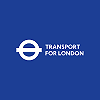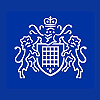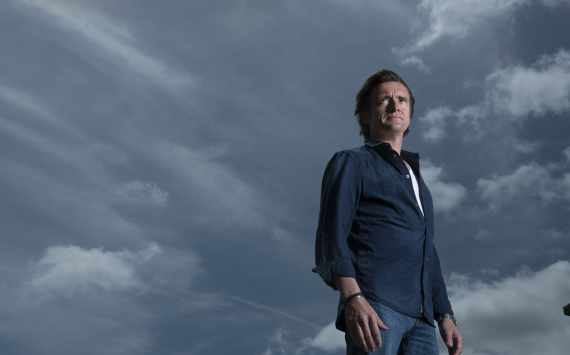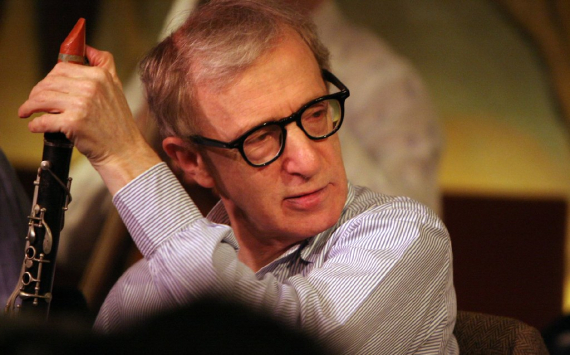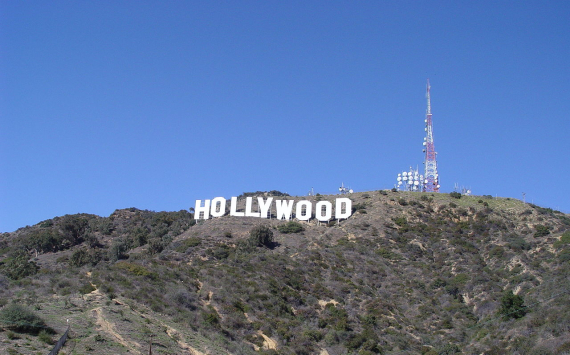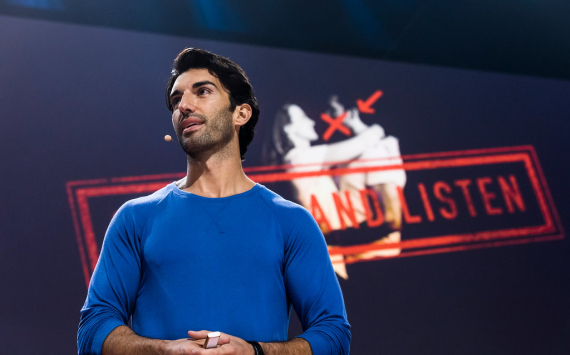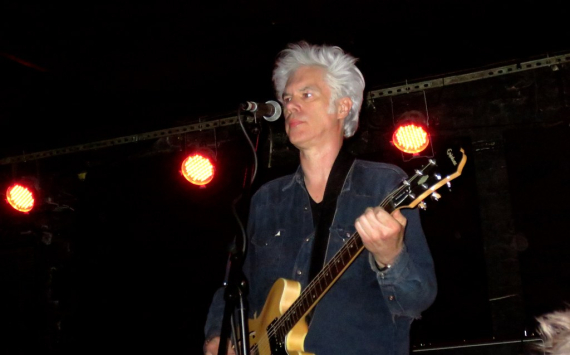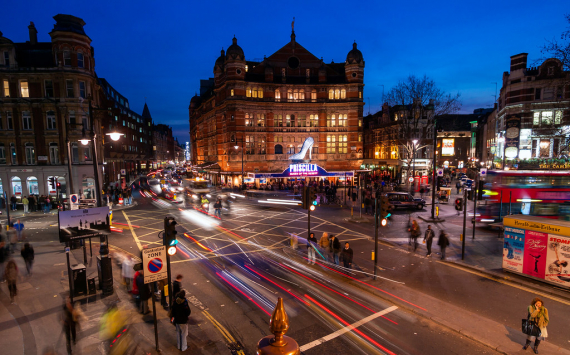
ULEZ expansion sparks controversy
London's Ultra Low Emission Zone (ULEZ) is set to expand on August 29, prompting controversy and criticism from some locals.
The move will subject approximately 700,000 drivers to a daily fee of £12.50, generating an estimated £93.6m of additional revenue in the first eight months of operation and £250 million since 2019.
While London Mayor Sadiq Khan argues that the ULEZ is necessary to reduce air pollution and prevent premature deaths among Londoners, businesses and some residents claim that it is a revenue-raising exercise that disproportionately affects the poor. Privacy concerns have also been raised, as the Met Police and British Transport Police will have access to the ANPR cameras.
Despite these concerns, the Transport for London (TfL) agency maintains that the ULEZ expansion is necessary to improve air quality and reduce emissions. TfL cites statistics that show 90.5% of vehicles in Greater London were compliant with the ULEZ standards as of November 2022, but only 85% of vehicles in outer London currently meet the standards. This makes the ULEZ expansion critical for reducing harmful emissions and protecting public health.
Nicholas Lyes, head of roads policy at the RAC, agrees that cleaning up London's air is important, but suggests that greater coordination between the Mayor and the government is needed to help those who are required to drive into the ULEZ for work purposes from outside Greater London, such as small businesses, tradespeople, NHS staff, and carers. This would help to mitigate the economic impact of the ULEZ expansion on vulnerable groups and ensure that they can continue to access essential services.




